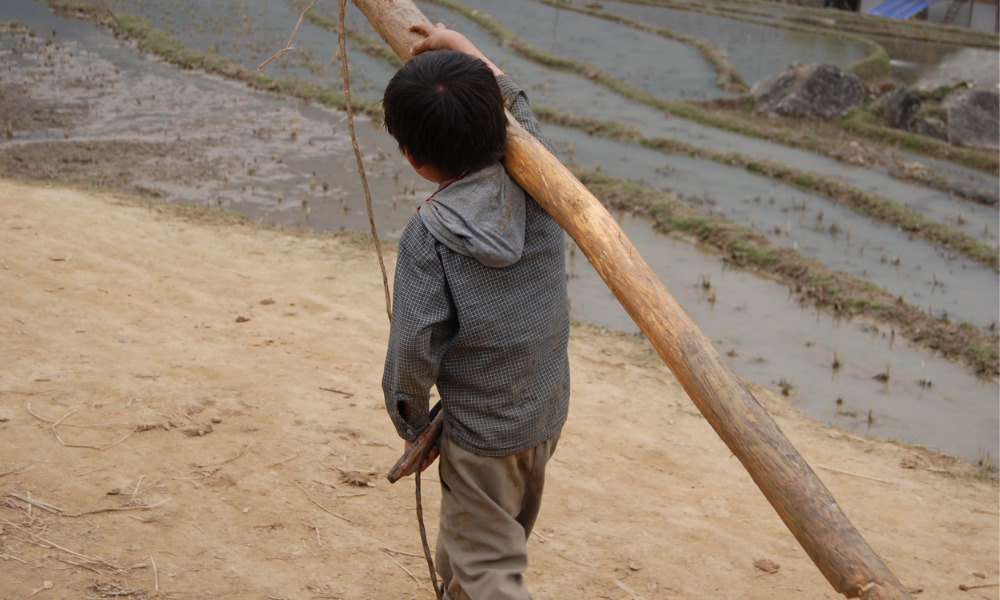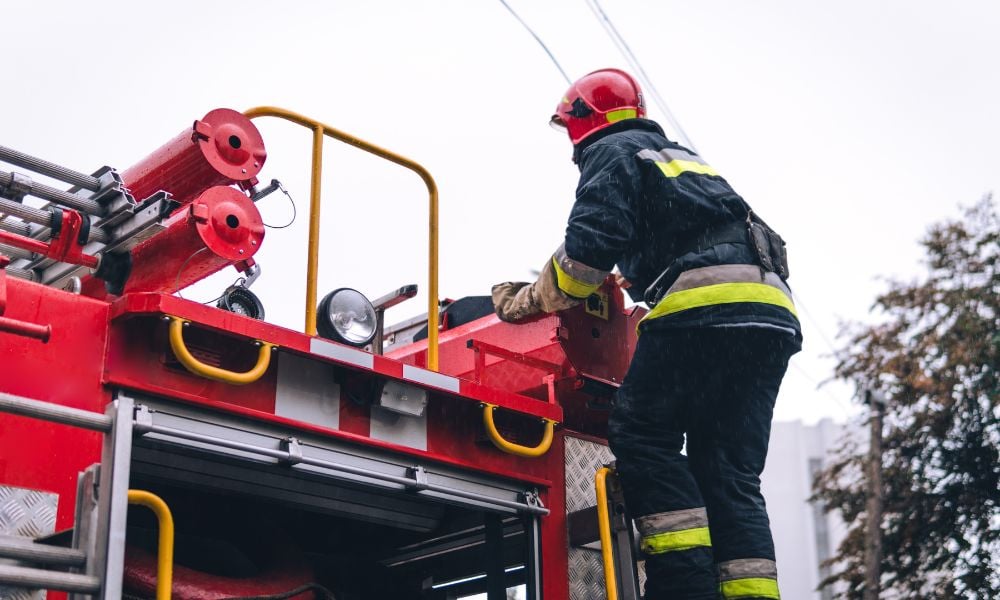14 years old recommended as minimum age to work in bid to protect most vulnerable

For decades, children have been getting hurt on the job in Quebec, which is the only province in Canada without a minimum age to enter the workforce. But that is going to change this year, with a new bill restricting employment to kids no younger than 14-years-old, with a few exceptions.
CUPE and its provincial occupational health and safety committee has been pushing for this legislation along with other unions, following a report from Quebec’s workplace safety board, CNESST, which found 203 children under the age of 16 were hurt on the job in 2021 and received compensation.
“CUPE has added its voice to those demanding legislative oversight of child labour given the importance of protecting this category of more vulnerable workers and due to the negligence of some employers. Careful monitoring of the steps leading up to the tabling of this legislation will be crucial to ensuring that it provides bona fide protection for these workers,” says Sophie Martin, a lawyer and union representative responsible for the committee.
The issue was pushed into the spotlight in June when a child under the age of 14 was seriously hurt while working at the Village Vacances Valcartier. He fell off the flatbed of a quad and was then struck by the vehicle, suffering serious injuries to his head and body.
Child labour has underpinned the province’s economy with research showing 53% of high school students work during the year. Students are 12 and 13 when they enter high school in Quebec, which begins in grade 7. 46% of first year high school students in the province are employed. “These figures will certainly be revised upwards due to the labor shortage which only increases this problem,” explains Martin.
These students are at a greater risk of dropping out of school, are more likely to have irregular sleep schedules, and often suffer from sleep deprivation. “These situations lead to a significant decrease in the ability to concentrate, and also reduce the reaction times and motor skills of young people, which is a phenomenon conducive to the occurrence of work accidents,” says Martin.
Another CUPE survey revealed 19% of high school students said they had already suffered a workplace injury, with 67% of those saying they missed school and needed medical treatment.
Unions, employers’ associations, and Quebec’s advisory committee on labour and workforce have been negotiating the finer details of the legislation. CBC reports recommendations include setting the minimum working age limit at 14, with exceptions for children 13 and under who would be allowed to work in specific settings like babysitting, fruit picking, and family run businesses.
It was also recommended students between 14 and 16 be limited to a 17-hour workweek, including weekends. This would not apply in the summer. There would also be restrictions around high-risk workplaces like sawmills and factories.
"There is much more fatigue, stress and anxiety among young people who work many hours per week," said Labour Minister Jean Boulet in a CBC report. "The risk of an accident is therefore higher."
The opposition also supports the bill, with Liberal education critic Marwah Rizqy quoted as saying they want to see it adopted quickly. “At the end of the day, it is about the health and safety of minors and the educational success of children. This is a high priority and we cannot procrastinate on this issue for long."
The legislation is expected by introduced in the National Assembly in February, with the aim to have it adopted into law by June, in time for the summer break. Martin says CUPE will be watching closely to ensure the legislation protects young workers.





